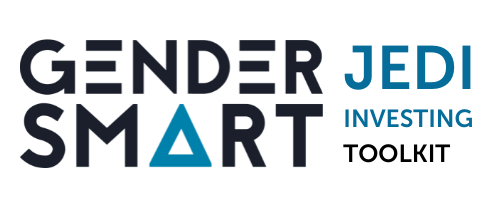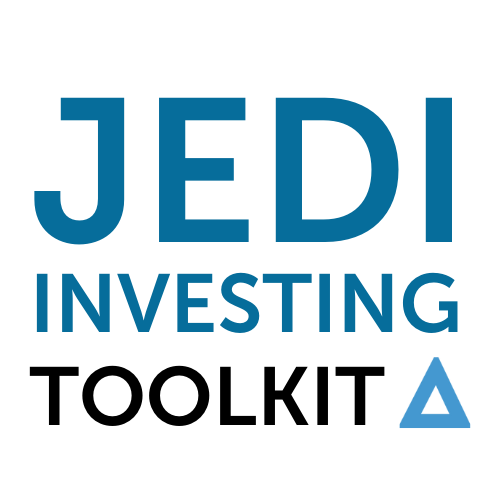Aruwa Capital Management
How has Aruwa defined its JEDI approach?
Aruwa Capital Management, one of fewer than ten female-founded and -led investment houses on the entire African continent, is a gender lens fund with an active gender lens integrated into its portfolio and management team. They invest in growing both companies that provide essential goods and services to the rapidly-expanding female economy, and businesses that are founded or co-founded by women or have gender diverse teams. Located in Lagos and deploying mainly in Nigeria, and being grounded in a local context, they incorporate a JEDI lens as a matter of course by investing in indigenous African founders. (Indigeneity in the local context is defined by the nationality of the founder and where they consider themselves as being from.) Aruwa aims for at least 75% of their portfolio to be indigenous founders, who are predominantly from Nigeria.
How did Aruwa develop their gender and JEDI lens strategy?
In general, their approach has been quite organic and guided by the focus on investing in the local Nigerian context. Aruwa has built a gender lens into their entire investment process, starting at the screening, all the way to due diligence and post-investment support phases. At this time, a gender baseline is measured for potential portfolio companies, and, if invested, targets are set for the investment period and incorporated into the deal documentation. This way, a gender action plan is incorporated into all portfolio companies alongside the operational and financial action plans.
The impact and outcomes are then measured by tracking the jobs the companies create every year on a gender basis since the investment. This includes tracking the percentage of women on the board, women in the workforce, women promoted and retained, women in the value chain, and women as customers. Through their data, Aruwa has been able to measure a clear correlation between increased gender balance in the workforce and increased profitability over time.
As Aruwa looks to formalise their JEDI lens, though they have not yet collected disaggregated data on the same level as from a gender perspective, they are exploring data measurement to see the effect indigenous companies and a local workforce have on profitability on the ground.
What has been Aruwa’s fundraising journey?
As a whole, 30% of Aruwa’s investors are local and 70% are international investors, with both investor types welcoming a gender lens approach. Being a smaller fund, foundations (as opposed to DFIs) have played a critical role in the fundraising process, as evidenced by the Visa Foundation’s $4 million investment in the fund earlier this year. Local investors, especially, understand the gendered context on the ground through the important role that women play in families and communities, and so recognise the value of incorporating a gender lens. Locally, women play a huge role in the finance sector, and are seen as reliable loan repayers as well as business leaders, and so Aruwa has not had a difficult time making the business case for investing in women in this context.
Snapshot
Name: Aruwa Capital Management
Type: $20M growth equity impact and gender lens investment fund
Focus: Bridging the gap between venture capital and private equity for women-owned or female-focused businesses in Africa, targeting investments in sectors such as healthcare, fintech, renewable energy, and essential consumer goods
Location: Nigeria
“We believe that as female capital allocators, there is a natural competitive advantage to investing with a gender lens as we have the best network of female entrepreneurs and understand the products in the rapidly growing female economy. Data has shown that investing with a gender lens improves financial returns as well as provides multiplier effects for social impact in local communities. We are excited to continue to showcase this through our investment portfolio.”

